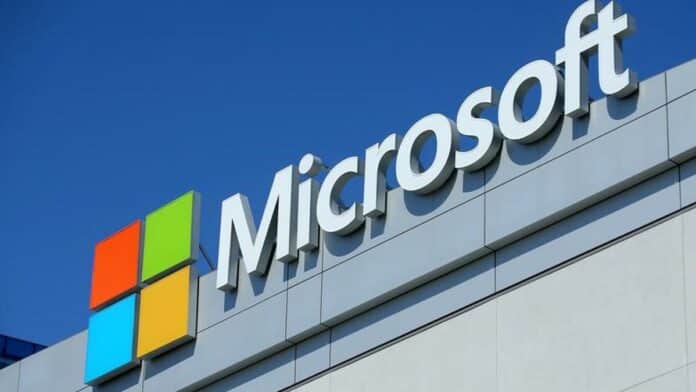Microsoft, in the Form 8-K filing on Wednesday, disputed the claims made by the U.S. Internal Revenue Service (IRS) that the company owes them an additional $28.9 billion in unpaid back taxes in addition to penalties and interest.
The Redmond giant has been issued a series of Notices of Proposed Adjustment (“NOPAs”) by the IRS claiming that the company misrepresented its revenue amounting to a total of $28.9 billion among subsidiaries in different countries and taxing jurisdictions for the years between 2004 to 2013.
The staggering figure of $28.9 billion was arrived after the company’s corporate returns were audited for the years 2004 to 2013.
“As of September 30, 2023, we believe our allowances for income tax contingencies are adequate. We disagree with the proposed adjustments and will vigorously contest the NOPAs through the IRS’s administrative appeals office and, if necessary, judicial proceedings,” Microsoft states in its Form 8-K filing.
Daniel Goff, Microsoft’s Corporate Vice President for Worldwide Tax and Customs, in a separate blog post, wrote that the IRS disagrees with the way the company distributed profits internationally through intercompany transfer pricing.
“The main disagreement is the way Microsoft allocated profits during this time period among countries and jurisdictions. This is commonly referred to as transfer pricing and the IRS has established regulations that allow companies to use a specific arrangement for transfer pricing, called cost-sharing,” Goff wrote.
“Many large multinationals use cost-sharing because it reflects the global nature of their business. Because our subsidiaries shared in the costs of developing certain intellectual property, under those IRS cost-sharing regulations, the subsidiaries were also entitled to the related profits.”
Goff claims that Microsoft has made changes to both its practices and its corporate structure in the years since the years covered by the IRS’s audit.
“The issues raised by the IRS are relevant to the past but not to our current practices,” he added.
In addition, he also claims that the IRS’s proposed adjustments do not represent a final determination, as it has not taken into account taxes that Microsoft paid under the Tax Cuts and Jobs Act (TCJA). According to him, this could decrease the final tax owed by Microsoft under the audit by up to $10 billion.
Goff notes that Microsoft will appeal the decision within the agency, a process that is expected to take several years to complete. The company hopes to work with the IRS “to reach a mutual resolution to this issue” over the coming years.
However, if they are unable to come to a direct agreement with the IRS, Microsoft will then contest any unresolved issues through the courts.

